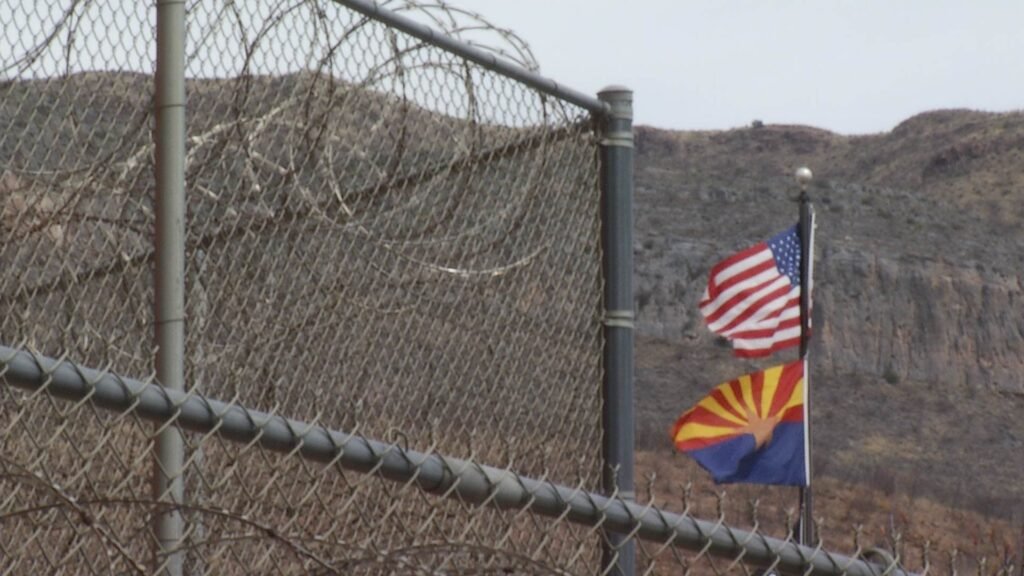Cochise County’s Proposed Sales Tax for New Prison
Cochise County needs roughly $100 million to construct a new prison, and upcoming elections will ask voters to approve a sales tax once more. This comes even as previous taxes from 2023 are currently in effect and facing legal disputes.
This week, the county’s board of supervisors decided to proceed with plans for a new half-cent sales tax election, set for November 4th.
It’s worth noting that voters had already accepted a 25-year sales tax in 2023, and ongoing lawsuits are challenging the legitimacy of these elections, complicating matters considerably.
The board reached a settlement related to a case initiated by a plaintiff named Daniel Lachance against them and the prison district during a special meeting on March 21.
Two significant stipulations from the settlement include conducting a new election and halting the collection of existing taxes once the motion to dismiss the case is finalized. As of now, the claim is pending approval from an Apache County Superior Court judge.
“We’re waiting to hear back from a Superior Court judge regarding the settlement to determine if it will be accepted. Depending on that decision, we might either stop or continue collecting the sales tax,” he explained.
The Court of Appeals validated one of Lachance’s three claims concerning the election, confirming that approximately 10,000 voters had been unfairly disenfranchised due to the election procedures.
Past boards, including former leaders Anne English and Peggy Judd, along with current supervisor Tom Crosby, have endorsed all mail-in elections. According to state law, this means only active registered voters receive ballots.
Legal actions against English, Judd, and Crosby assert that around 10,000 individuals were classified as inactive registered voters because they did not receive mail-in ballots.
Antenori pointed out that many Cochise County voters typically prefer in-person voting and were not informed they needed to request a mail-in ballot.
“On that inactive voter list, even though they were registered, they weren’t given the chance to ask for a ballot, and since the county was closed, they couldn’t vote in person at the polls,” he stated.
Antenori mentioned that future elections will adopt different approaches.
“We have multiple ways to notify those on the inactive voter list and to allow in-person voting for those who prefer going to a voting center on Election Day, which will make a significant difference,” he noted.
According to Antenori, part of the settlement with Lachance questioned the formal acceptance of previous elections.
“Our current board believes it may impact upcoming elections, and elections that were not conducted appropriately need to be revisited to truly reflect the voters’ intentions,” he said.
Now, there’s the pressing question of what will happen to at least $9 million in taxes collected if they are officially suspended starting January 2024.
If the sales tax measure fails in this second election, residents could be prompted to vote on the fate of the existing funds. Possibilities include redistributing the money to the state, offering property tax rebates, or refunding it through sales receipts.







